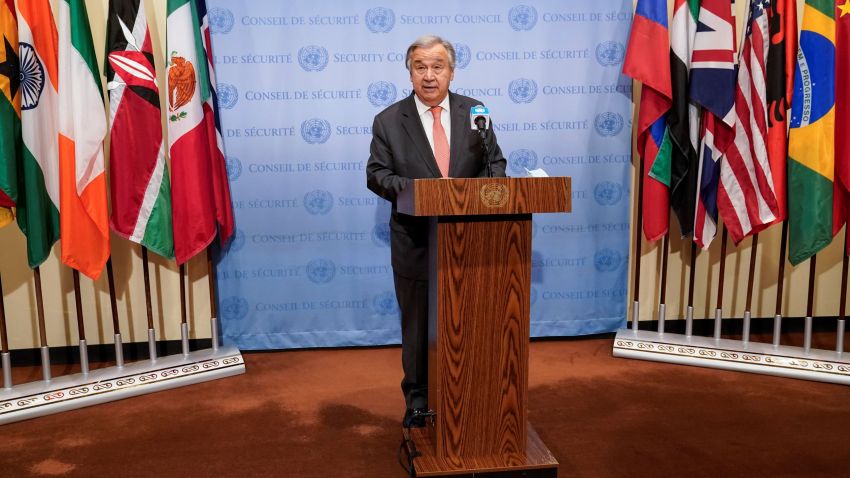On Thursday, United Nations Secretary-General Antonio Guterres will update the U.N. General Assembly on his September 2021 report, “Our Common Agenda.” As I noted at the start of this year, this sweeping report on the future of multilateralism was effectively the secretary-general’s manifesto for his second term, and highlighted the need for international cooperation on shared challenges like pandemics, climate change and inequality. This week, Guterres will have to explain why and how the report remains relevant—a task that looks very different in the aftermath of Russia’s invasion of Ukraine.
When it was first released, many diplomats in New York felt the report was less than convincing when it came to peace and security than other global challenges. Rather than getting into the details of issues like nuclear proliferation or peacekeeping, though, Guterres simply promised to draft a separate “New Agenda for Peace” in 2022. The reason for this sleight-of-hand was clear at the time. Even before Russia’s all-out assault on Ukraine, the U.N. had few opportunities to bridge the divisions between the world’s major powers. Focusing on issues like health cooperation looked like a better bet in the wake of the coronavirus pandemic.
Now, it will be impossible for the secretary-general to sidestep questions about hard power and major power conflict. But as I have argued elsewhere, parts of “Our Common Agenda” actually look more, rather than less, relevant in light of Russia’s war on Ukraine.

